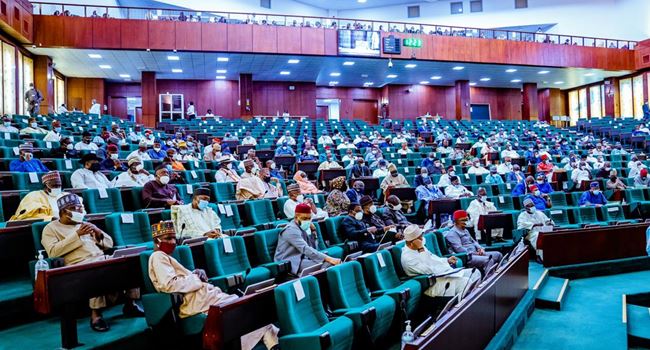News
Reps to probe states’ utilization of FAAC allocations

The House of Representatives has resolved to probe states’ utilisation of revenue allocation from the Federal Account Allocation Committee (FAAC).
This followed the adoption of a motion brought under matters of urgent public importance presented by the lawmaker representing Shomolu Federal Constituency of Lagos State, Ademorin Kuye, at Tuesday’s plenary in Abuja.
In his presentation, Kuye pointed out that the amount accrued to the three tiers of governments from FAAC has increased significantly due to the withdrawal of fuel subsidy and floating of the naira by President Bola Tinubu’s administration.
He recalled that states and local governments received a total of N6.57 trillion in 2023 compared to N3.16 trillion they got in 2022.
READ ALSO: FAAC disbursed N1.95tn in Q1 2020 —NEITI
The lawmaker lamented that despite the increase in allocations to states, over 14 million people are groaning in poverty in states across the country.
Kuye said: “Most worried that state governors have brazenly refused to complement the Federal Government poverty amelioration efforts and are not driving the necessary economic transformation that will reduce citizen suffering in their respective states with the increased allocation at their disposal.”
In its resolution, the House mandated its Committees on Special Duties, National Planning and Economic Development, and Inter-Governmental Affairs to look into the utilisation of the increased allocation from FAAC by states and report back to the House for further legislative action in four weeks.
Join the conversation
Support Ripples Nigeria, hold up solutions journalism
Balanced, fearless journalism driven by data comes at huge financial costs.
As a media platform, we hold leadership accountable and will not trade the right to press freedom and free speech for a piece of cake.
If you like what we do, and are ready to uphold solutions journalism, kindly donate to the Ripples Nigeria cause.
Your support would help to ensure that citizens and institutions continue to have free access to credible and reliable information for societal development.




















